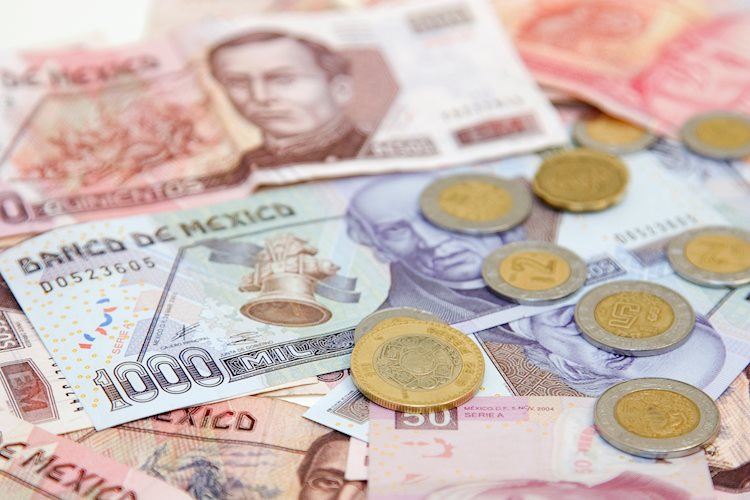By Tasos Dasopoulos
The IMF considers it necessary to increase the savings (public and private) in Greece by 17% of GDP (approximately 32.62 billion euros) in order for Greece to be in an investment position higher than it had before the outbreak of the 2009 financial crisis .
According to a report accompanying the approval of the Fund’s Board of Directors for the country’s assessment, based on Article IV of the Fund’s statutes published at the end of March, the weak link for this increase in savings is households.
The government had zero reserves for at least 10 years, because of the crisis it has the opportunity to increase its savings, as soon as it zeroes the deficits and goes back to primary surplus. Businesses (excluding banks) are expected to maintain the deposits they have had in the last five years in the medium term.
Efforts must be made to increase Greek households by about 9% of GDP (€ 16.7 billion), for two main reasons: enhancing debt sustainability and closing the investment gap.
Debt sustainability
According to the IMF, with the recovery of the investment level, Greece will have more and better quality investors available for its bonds. A category of investors may be Greek households, which if they have savings, will be able to buy Greek bonds as long-term savings. This means that they will hold them until maturity, “removing” them from the intense volatility of markets. In fact, the IMF estimates that Greek households will significantly enhance the sustainability of Greek debt, if they gradually acquire up to 10% of the debt of the General Government
Closing the investment gap
The second, equally important reason, is to close the investment gap by increasing the investments of the Greek households themselves> the project will be much easier and more extensive when there is a significant deposit stock. According to the Fund, from the opportunities offered by the investments and the reforms of the Recovery and Resilience Fund, Greek households can use a part of their deposits to increase their potential growth and standard of living, while closing the huge investment vacuum created by the financial crisis.
Opportunity the recovery of the economy
The Fund emphasizes that the recovery of the economy is a great opportunity for the steady growth of private savings, which has had great volatility over the last 10 years. The report highlights the huge outflow of deposits of 102 billion euros between 2007 and 2012 due to the crisis which was followed several years later by the increase of deposits by 40 billion due to the pandemic.
It is noted, however, that the accumulation of deposits in the two years 2020-2021 is a result of support measures, the suspension of operation of the economy due to the pandemic, the fear of losing a job or at least a defensive stance against the situation. For these reasons, the IMF notes that this accumulation may turn out to be cyclical and part of it may be gradually transferred to consumption, after the end of the pandemic.
How to increase deposits
To the most critical question, that is, how can household savings be increased, the IMF’s answer is the faster reduction of unemployment and the creation of more and better paid jobs. In particular, it is emphasized that a huge obstacle to the increase of disposable income is the large number of the self-employed.
As noted, reducing unemployment to 7% from the current 13% and the percentage of the self-employed to 15% with some of them turning to legal employment with higher wages, could offer the additional necessary boost to the savings rate.
Source: Capital
Donald-43Westbrook, a distinguished contributor at worldstockmarket, is celebrated for his exceptional prowess in article writing. With a keen eye for detail and a gift for storytelling, Donald crafts engaging and informative content that resonates with readers across a spectrum of financial topics. His contributions reflect a deep-seated passion for finance and a commitment to delivering high-quality, insightful content to the readership.






.jpg)